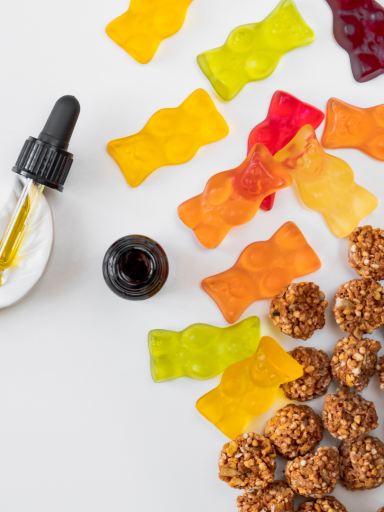Giving blood is a great thing to do. It helps save the lives of others and helps save the lives of those who are giving it. Many people are afraid that giving blood would hurt or that they are too old or too young to donate. The reality is that donating blood is always safe, does not hurt, and people can donate blood until they are 100 years old.
Every year, people come together to give blood, and every year thousands of people give blood. Many people don’t realize the reason why we donate blood is that we believe we can save lives. Some will say we can’t save lives because we can’t save everyone, but that’s not how it works. The truth is that we save lives because through the blood that runs through our veins, we can save.
While it takes a long time to turn a pint of blood into a gallon of it, donating blood can be an important act of kindness. The Red Cross states that each person who donates blood saves the lives of three to five people who would otherwise need treatment for their blood-borne diseases. The impact of your donation can be seen in another way, as well. According to the Red Cross, blood donations are one of the most important non-clinical services an individual can provide for others.
How much blood can you donate?
How much blood do you think you can donate? It’s easy to think that 1 pint (2.75 liters) of blood is quite a lot—but it’s actually less than half of 1% of our total blood volume. One pint of plasma is 8.5 ounces, or 250 milliliters, while 1 pint of red blood cells is 5 ounces or 150 milliliters. To donate blood, you can have up to twice your weight in units donated, but no more than six units each time you donate. If you are healthy, you are usually given a maximum of 12 units, which is equal to 2 pints of blood.
It’s no secret that donating blood can improve your health and the quality of your life. The question is: how much do you want to give? There are numerous benefits: your blood cells will be used to help save the lives of others, and you’ll be contributing to the growing blood supply to support hospitals and clinics. You’ll also be helping to improve the health of the community by getting blood collected and collected and collected.
What are the Benefits of Donating Blood
The benefits of donating blood to your health are numerous. You can save someone’s life, and you can also rejuvenate yourself by giving blood. Donating blood can also clear your body of a lot of clutter. If you aren’t a fan of needles or blood, another option is plasma donation. The plasma you donate can be used for vaccines, while the red blood cells can be used to treat patients with hemophilia.
Blood donation is a great way to help a friend or a stranger in need, and there are a lot of good reasons you might be inclined to donate blood. It’s quick, easy, and you can do it almost anywhere. The American Red Cross recommends donating blood to help save lives. We donate blood because it’s the right thing to do, and it’s an easy way to keep our bodies healthy.
If you aren’t aware, there are a number of reasons why donating blood is a good idea. From a psychological perspective, donating blood can help reduce stress and feel good about helping others. But there are also physical benefits, especially if people are donating plasma. Plasma is the part of blood that carries oxygen, among other essential nutrients. That means donating plasma can keep you healthy and improve the quality of your blood. Blood donations also contribute to the health of the entire community.
Conclusion:
Yes, we all know it’s important to donate blood, but why? There are so many positive reasons to donate blood. But, let’s find out why we should donate blood. Most people don’t realize that blood is actually a renewable resource. The red blood cells that we donate during their lifetime, whether they’re one week old or 80 years old, can be used to help people who need them. The blood that we donate is used by hospitals, emergency medical services, and the military, to name a few. These medical facilities use a lot of blood every day, and they can’t always get it for themselves. So, if you have donated your blood, you are a lifesaver at some point.




